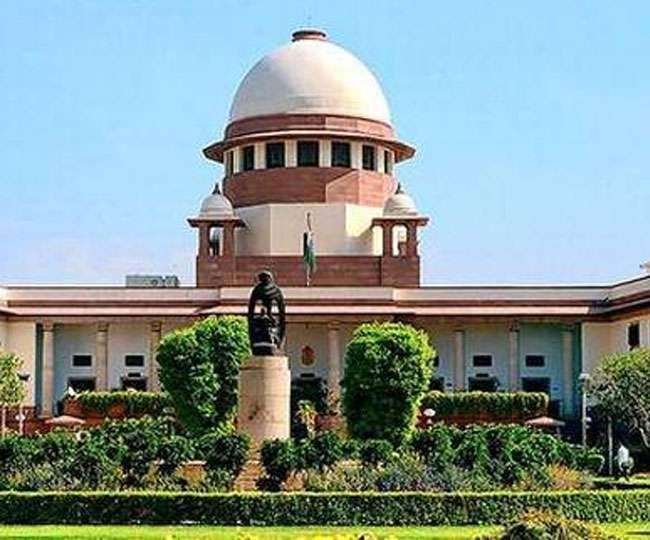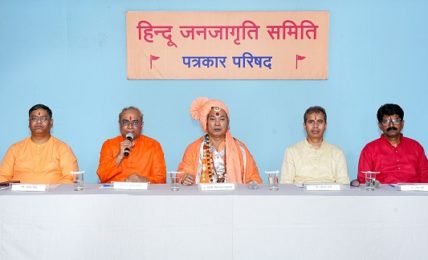Supreme Court again displayed its efficiency. Returned a 60 years old case to HC after keeping it for 16 long years.


Supreme Court is day by day trying to prove itself as the most inefficient institution of republic of India. Indian Judiciary system has always faced criticised for its overly slow process and for building a moutain of pending cases. But our Judiciary, the guardian of rights of Indian citizens have always very comfortably neglected every criticism that came in its way. On Tuesday, 12th of July, our Apex court of India
Court on Tuesday 12th July 2022, Supreme Court tasked the Allahabad High Court with a 60-year-old land issue after holding the matter for 16 years. It’s interesting to note that the Allahabad High Court gave a verdict on this issue in 2006 after spending 31 years hearing arguments.
In 1964, the UP government had filed a lawsuit to reclaim 12 acres of property that were allegedly handed over to Farooqi Begum, one of the widows of the former Nawab of Rampur, Hamid Ali Khan, in 1924 as a rent-free endowment. After the Nawab’s death in 1930, his successor inherited the land, which was eventually taken over by the UP government. It is interesting to note that the trail court which is often lectured by the higher courts for speedy justice decreed the suit in favour of the UP government in 1966, within two years of the institution of the suit. When an appeal was filed in the HC, it was sent back to the district judge, which registered the appeal in 1967 and four years later, remanded the suit for fresh adjudication by the trial court. In 1973, the trial court again decreed the suit in favour of the government. Farooqi Begum appealed against the trial court decision before the district judge, who in 1975 upheld the decree under challenge. She filed an appeal before the Allahabad HC, which took 31 years to decide the civil suit in favour of the government. She expired during the pendency of litigation and her legal heirs pursued the case.The appeal against the HC order was decided by an SC bench of Justices S Abdul Nazeer and Vikram Nath on Tuesday, after a gap of 16 years, but only to give a new lease of life to the six-decade-old litigation by relegating it back to the HC for fresh adjudication. Writing the 27-page judgment, Justice Nath said, “We are of the view that the HC fell in error inrelying upon inadmissible evidence. ”
DISCLAIMER: The author is solely responsible for the views expressed in this article. The author carries the responsibility for citing and/or licensing of images utilized within the text.

